Confusing compliments – Is It A Compliment Or An Insult?
Confusing compliments – Is It A Compliment Or An Insult?
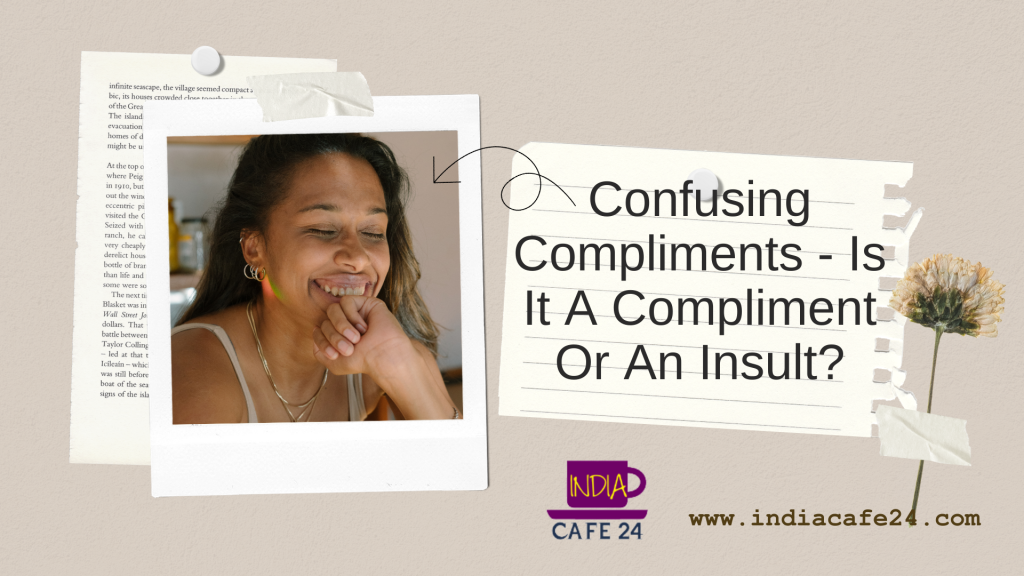
A compliment is a way to show admiration or appreciation for someone’s qualities or achievements. But sometimes compliments can be misunderstood, causing misunderstandings and upset sentiments.
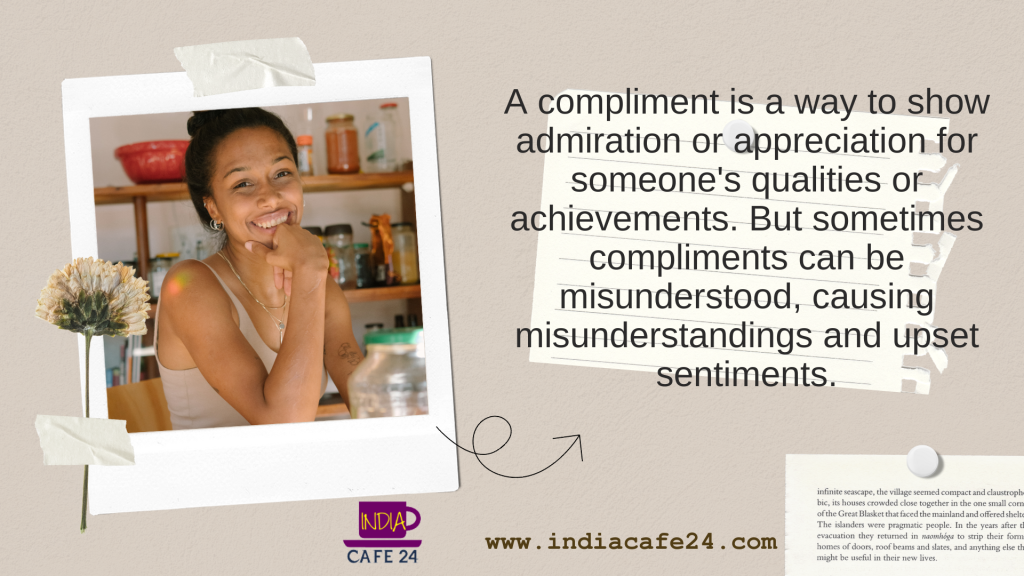
Today I will share some confused compliments and discuss whether they are compliments or insults. In many scenarios where I came across such compliments or gave compliments turned out to be insulting.
I agree the intentions behind those compliments were appreciation, but how will they flow to the recipient? It should get checked to avoid any misunderstandings.
1. “You look great for your age.”
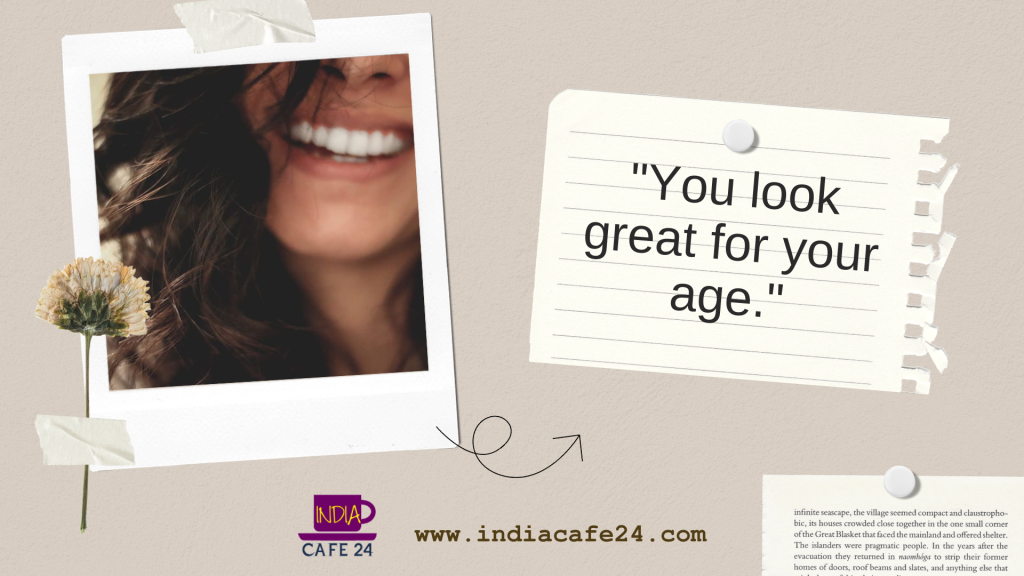
Although this compliment may sound innocent, many may misunderstand it because it indicates that someone’s impressive appearance is mainly due to their older age. Also, it conveys the demeaning idea that getting older is often associated with looking worse. A compliment like, you look great is preferable to making age-related comments about them.
2. “You look so much better than you used to.”
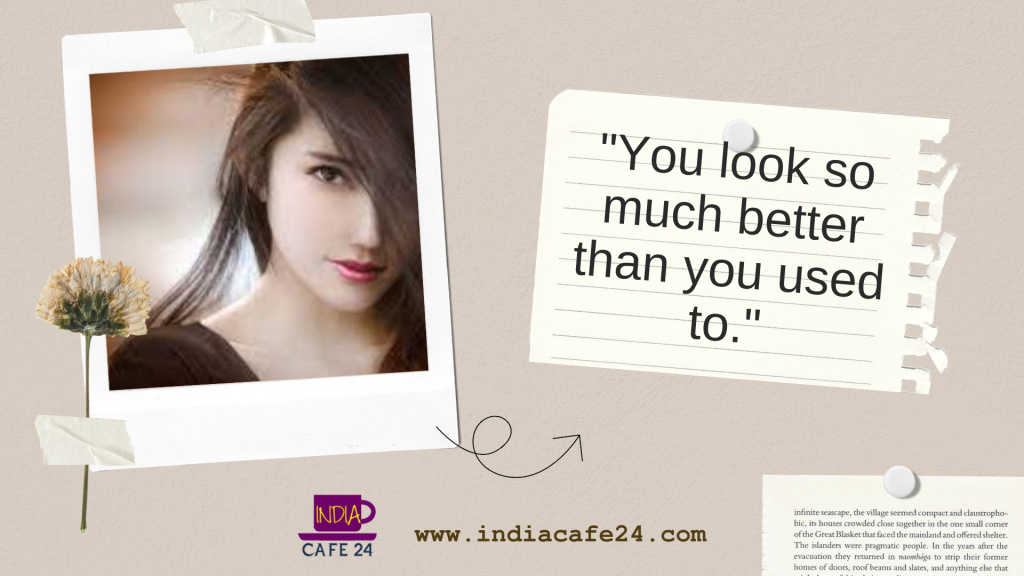
While this may seem like a compliment, it can also be hurtful. The implication here is that someone used to look bad, which no one wants to hear. You can appreciate the good and compliment the person on their appearance.
3. “You’re so thin! Have you lost weight?”
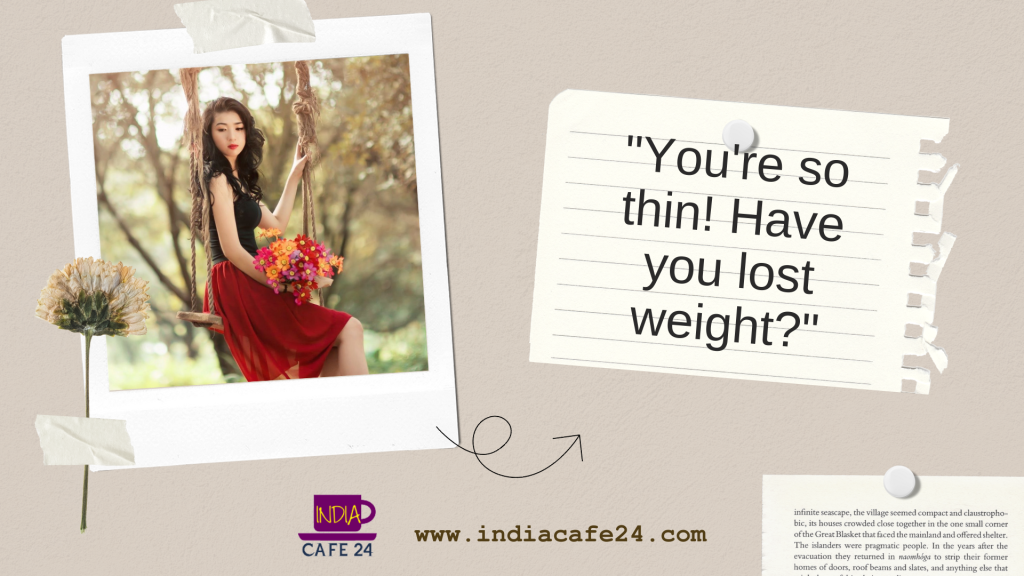
Although it may seem to be a compliment but is it or not? Well, this can also be misunderstood and hurtful. It means someone must have lost weight to acquire the ideal body type to look thin. While commenting, focus on someone’s general health and well-being rather than weight.
4. “You’re good at that for someone your age.”

This compliment is puzzling since it implies that a person’s age is a limiting factor and that they are doing above average for their age group. It could be taken as ageism and is potentially offensive. Always pay attention to the person’s abilities, talents, or accomplishments.
5. “You’re so lucky to have such a beautiful wife/husband/partner.”

This compliment is misleading since it ignores the person’s personality, character, or other qualities in favor of suggesting that they are fortunate to have a beautiful companion. The spouse may feel insulted if it indicates, that their entire value is their outward appearance. Instead, pay attention to the aspects that make the bond between the two unique and strong.
6. “You’re so brave for wearing that.”
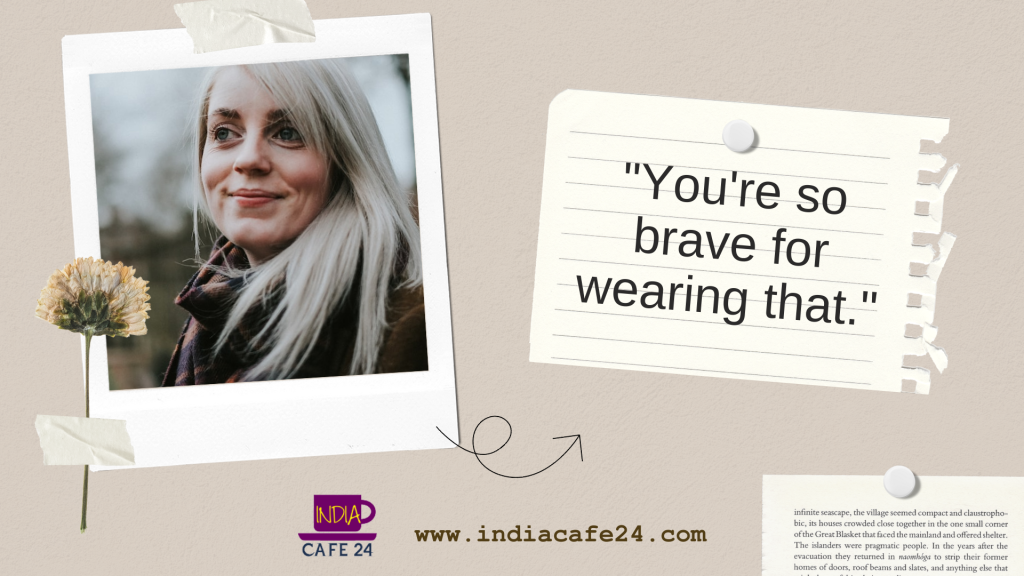
This kind of compliment can be perplexing because it implies that the person’s attire is unsafe or controversial. Well, it indicates that someone needs guts to wear something that many don’t view as conventionally attractive. It can also be offensive. Instead, emphasize the positive by complimenting someone on their attire.
7. “You’re so articulate.”
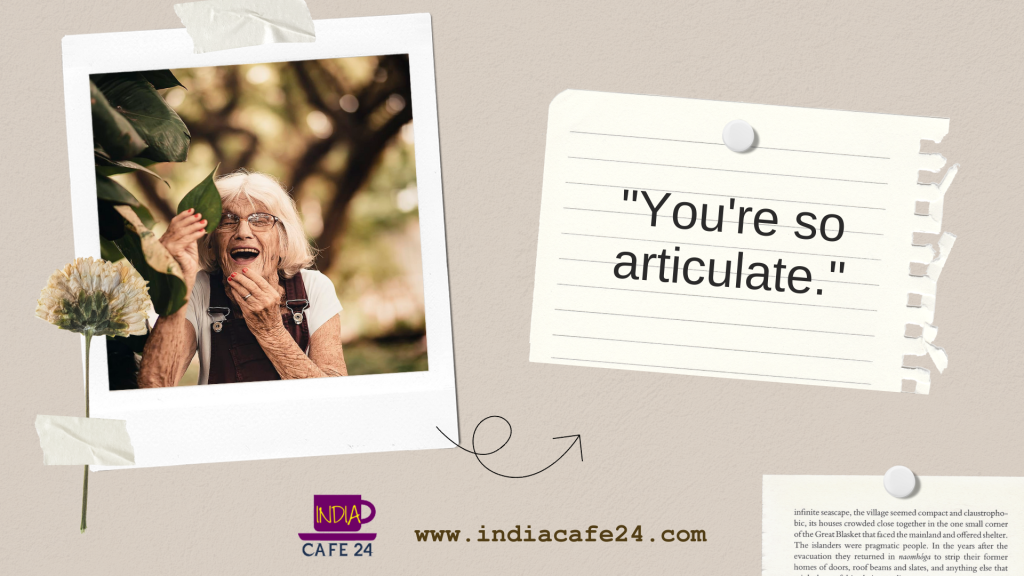
The fact that this complement implies that someone’s ability to talk well is unexpected or exceptional might make it confusing, even though it may appear like a pleasant compliment. It indicates that someone’s color, gender, or other attributes are not typically connected with being articulate. It can also be disrespectful. Analyze the content of what someone is saying and avoid commenting on how well-spoken they are.
8. “You’re so lucky to have a job.”

This compliment is unclear since it suggests that working is a privilege rather than a basic need. People who experienced a difficult time finding employment or who have low-paying or unsatisfactory occupations may find it offensive. You should pay attention to the person’s achievements or commitment to their work.
9. “You look better without makeup.”
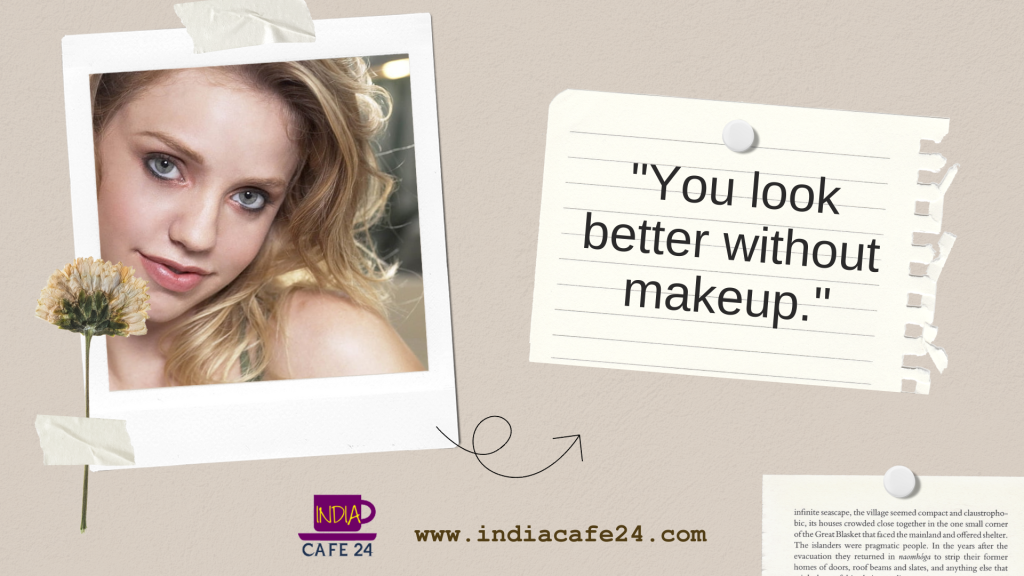
Because it implies that a person’s natural appearance is preferable to their artificial one. Such type of compliment is perplexing. Those who enjoy wearing cosmetics or who use them as a form of self-expression may find it offensive. Always, emphasize the person’s attractiveness, confidence, or uniqueness.
10. “You’re so talented for someone who didn’t go to college.”

Those who have never been to college or couldn’t afford it may find this offensive. It suggests that success requires a formal education and that people who never went to college are intrinsically less talented. It’s preferable to only acknowledge the person’s talents without bringing up their educational background.
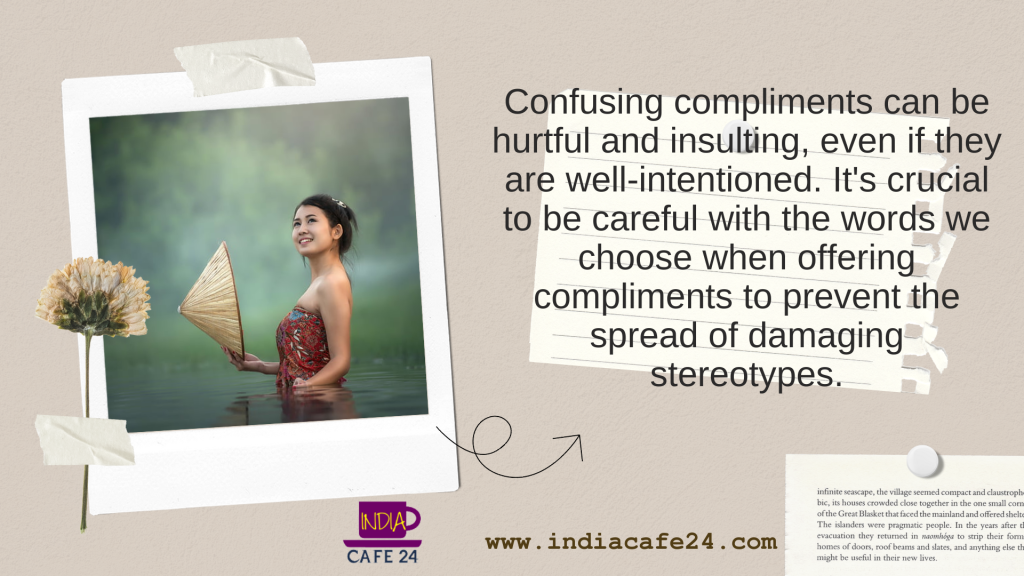
Confusing compliments can be hurtful and insulting, even if they are well-intentioned. It’s crucial to be careful with the words we choose when offering compliments to prevent the spread of damaging stereotypes. Focus on the positive and tell someone how wonderful they look or how much you value their qualities rather than making remarks about someone’s race, gender, age, or body shape. We can make the environment more encouraging and inclusive for everyone if we do this.
Have you ever experienced such scenarios where you received compliments that actually hurt you or vice versa?
Share your experience in the comment below.
This blog post is part of the blog challenge ‘Blogaberry Dazzle’
hosted by Cindy D’Silva and Noor Anand Chawla
in collaboration with Zariya Healings.
Images sourced from Wallpaperflare.com, Unplush

What an interesting subject for a blog. I agree with each and every confusing compliment.I face many like these at my age.You look young for your age is the repeated one’
Ur right most compliments seem sweet as candy who knows what kinda actual sting is hidden behind.
I am so glad to read about this topic, I haven’t come across many who have shared on this. Its so true we often think whether the person complimented us or actually insulted or hurt us with their words. Words are pretty powerful and although the intent may be good it may not come across that way so we should be careful.
I must have been both the receiver and giver of such a confusing compliment at some point in time I am sure of that. I too believe that instead of making comments about someone’s color, gender, age, salary or body form, it’s better to focus only on the positive and tell them how great they look or just how well they are doing.
I so like this post. And yes, commenting on age and talent with undercurrents is perhaps the most ‘insulting compliment’. And another one is on physical fitness. We really need to learn how to talk less and better.
personal comments are so that we think so many times of what the person had to say the way they said that. It is better to not bring the age to give compliments.
The veiled insults. Have received quite a few. And sometimes a bit too obvious. But sometimes the compliments can be in all earnest, too. Just that they are not really compliments and actually misguided.
The so-called compliments with hidden meanings hurt the person on the receiving end. It can affect mental health and mar confidence. People should be aware that such compliments (!) are not supposed to be in good taste.
It was interesting to read your blog and your thoughts behind thise one liners Samata. I have heard many of these before but in my opinion, life is too short to brood over things like this… and honestly when someone says I look great for my age, I take it quite positively and it makes my day😊
I get the you look good for your age compliment a lot. Sometimes I feel they really mean it. But it is also that people expect a 75 year old to look a certain way and I don’t. The other ones you shared are not really compliments like you said.
What an interesting subject for a blog. I agree with every confusing compliment. I, too, have received many times like – you don’t look like a mom.It certainly creates an uncomfortable atmosphere for the mother standing beside me.
Apart from the last one I’ve heard EVERY one of these compliments used for me. You’re right, it’s tough to make out if it’s meant to make you feel better or bad about yourself. Wish people had a better choice of words.
This is so true people forget that a compliment has to be a compliment throughout and not an insult or an insult sugercoated as a compliment.
It’s better to not compliment people if this is going to be the way.
This world has turned very sarcastic and mean. I too sometimes wonder whether something was a compliment or insult. I loved reading your thoughts.
I’m over forty, so I get to hear many of these regularly, specially that I look younger for my age and I’m able to do this and that for my age and so on. But I try to think of the positive side of it and take just the compliment part of it for the sake of my mental health.
Oh wow! These examples you’ve given are truly confusing compliments. It misleads the other person and in a way derogatory too. There is absolutely no positive side to such compliments.
Many of us can take a lesson or two while giving compliments. Sometimes it is unintentional but many times I find it is told when the personal knows exactly how it will be taken….meaning it is laced with malice or jealousy. And such people think they are the world’s best people and god’s gift to mankind 😉
I only disagree with the articulate compliment. Many people cannot express how they feel or what they want to say, exactly. When someone is able to do that I find it is both an art and skill and needs to be appreciated. For example, I feel I pen down my thoughts better than I speak them out loud.
Hahaha back-handed compliments are truly the worst!